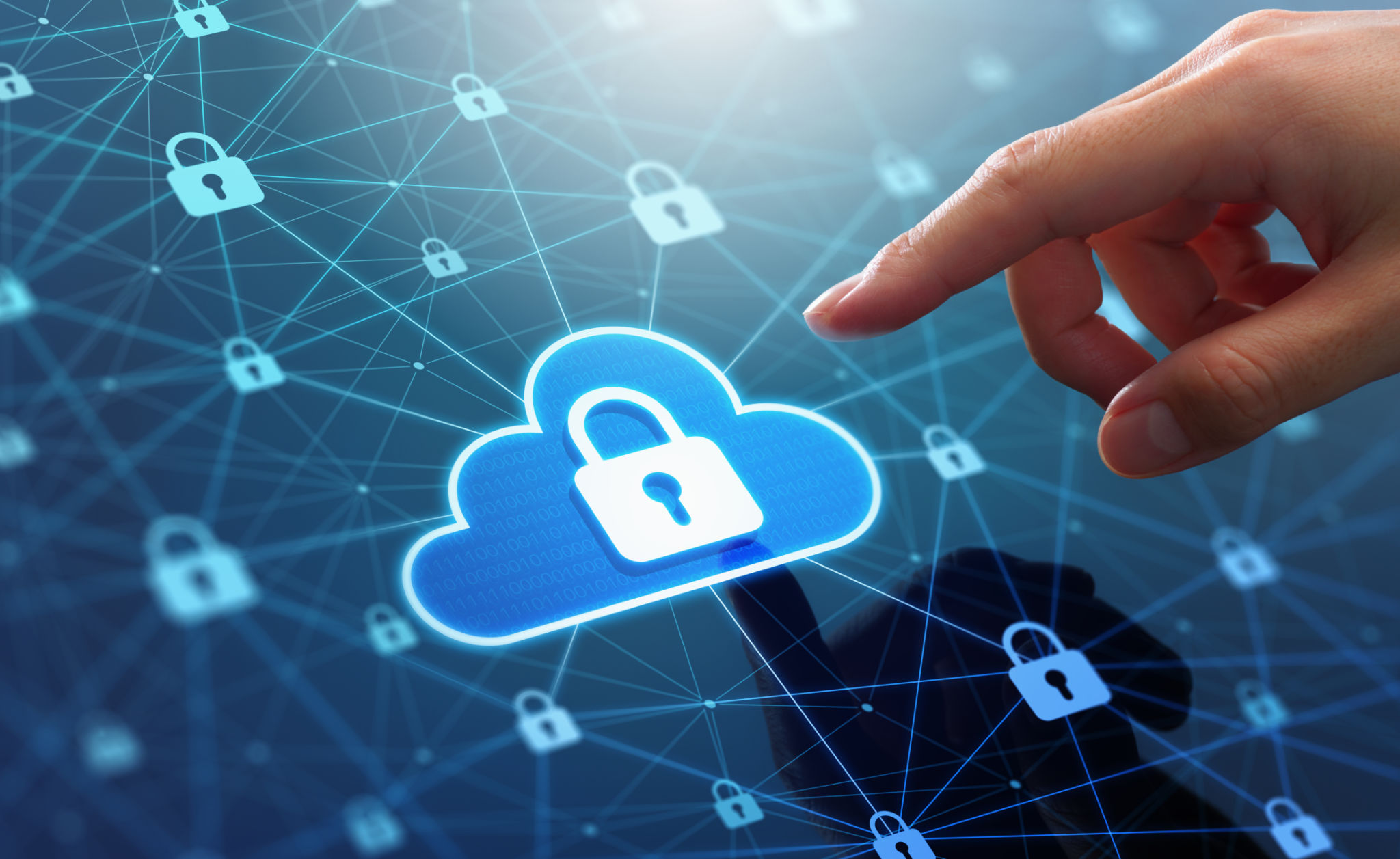Top Cybersecurity Trends Impacting Businesses in London
Introduction to Cybersecurity Trends
As technology continues to evolve, businesses in London face an ever-changing landscape of cybersecurity threats. Keeping up with these trends is essential for safeguarding sensitive data and maintaining operational integrity. In this post, we explore the key cybersecurity trends impacting businesses in London and how they can prepare for emerging challenges.
Rise of Ransomware Attacks
Ransomware remains a significant threat to businesses in London. These attacks involve malicious software that encrypts a company's data, demanding a ransom for its release. In recent years, ransomware tactics have become more sophisticated, targeting a wide range of industries. Companies must invest in robust cybersecurity measures and employee training to prevent falling victim to these attacks.

Emphasis on Zero Trust Architecture
The concept of Zero Trust Architecture is gaining traction as organizations seek to enhance their security frameworks. This approach operates on the principle of "never trust, always verify." By assuming that threats could come from anywhere, businesses can implement stringent access controls and continuous monitoring to protect their networks.
AI and Machine Learning in Cybersecurity
Artificial Intelligence (AI) and Machine Learning (ML) are revolutionizing the cybersecurity landscape. These technologies enable businesses to detect and respond to threats more quickly and accurately than ever before. By analyzing vast amounts of data, AI and ML can identify patterns and anomalies that may indicate potential security breaches.

Importance of Regular Security Audits
Regular security audits have become a critical component of a comprehensive cybersecurity strategy. These audits help businesses identify vulnerabilities, assess risks, and ensure compliance with industry standards. In London's dynamic business environment, staying ahead of potential threats through proactive assessments is crucial for maintaining robust security.
Growing Need for Cloud Security
As more businesses migrate their operations to the cloud, ensuring the security of cloud-based systems has become paramount. Cloud security involves protecting data stored in cloud environments from unauthorized access and cyber threats. Companies must work closely with cloud service providers to implement effective security controls and maintain data integrity.

Employee Training and Awareness
The human element remains one of the weakest links in cybersecurity. Many cyberattacks exploit human error, such as clicking on phishing emails or using weak passwords. Businesses in London are increasingly recognizing the importance of regular employee training and awareness programs to equip their teams with the knowledge to identify and report potential threats.
Conclusion: Preparing for the Future
The cybersecurity landscape is constantly evolving, and businesses in London must stay informed about emerging trends to protect themselves effectively. By investing in advanced technologies, conducting regular audits, and prioritizing employee education, companies can strengthen their defenses against the growing array of cyber threats. Staying vigilant and adaptable will be key to safeguarding business operations in the digital age.